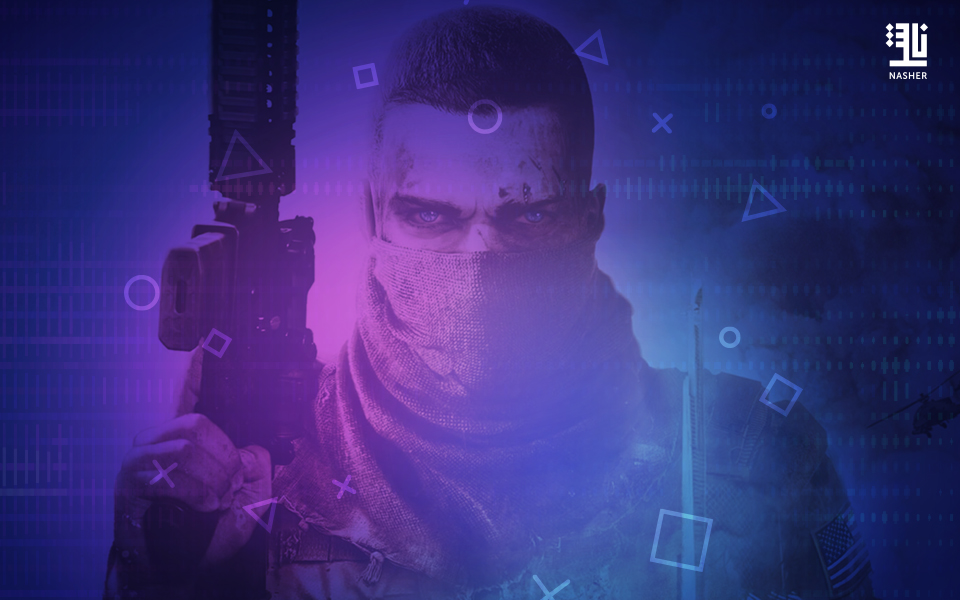Literature is in every aspect of our life, even if you are not a fan of reading books, you would be surprised at how much it dominates the world of fashion, eatery, music, films and even video games.
Metro Series
In the Metro series, players try to survive life in a post-apocalyptic Russia that has seen its surface become completely inhospitable after nuclear bombs leave the area bathed in intense radiation. While the first game acts as a fairly traditional adaptation of Russian author Dmitry Glukhovsky’s 2002 novel of the same name, the games and books actually go back and forth to fill in the narrative after that.
Zelda
Save Me the Waltz author Zelda Fitzgerald was the wife of Great Gatsby scribe F. Scott Fitzgerald, a larger-than-life personality that so captivated the imagination of developer Shigeru Miyamoto that he paid tribute to her with the title character of his Legend of Zelda for Nintendo. Though Fitzgerald was often considered a tragic figure, her 8-bit counterpart fared considerably better, which the Zelda games going on to be one of the most beloved series in video game history.
Stalker: Shadow of Chernobyl
S.T.A.L.K.E.R.: Shadow of Chernobyl (2007) is a post-apocalyptic survival FPS developed by GSC Game World, a video game company from Ukraine. It takes place in the Chernobyl Exclusion Zone, the bleak, mutant-infested area surrounding the Chernobyl nuclear reactor. Players take the role of stalkers, fortune seekers exploring the Zone in order to understand its mysteries.
S.T.A.L.K.E.R. was inspired by The Roadside Picnic (1972), a novella written by the Strugatsky brothers, two renowned Soviet sci-fi authors.
Dune II
Dune II (1992) is a real-time strategy game by Westwood Studios, a now-defunct video game company from Las Vegas, Nevada. The game chronicles the war between three factions fighting for control of the titular planet: the Atreides, the Harkonnen, and the Ordos. It is one of the earliest examples of real-time strategy gameplay, and it inspired countless other games.
Dune II was based on the sci-fi novel Arrakis (1965) by Frank Herbert, the first book in the series later known as the Dune franchise.
The game does a good job of simulating the harsh desert environment of Arrakis. The factions are also faithful to their literary counterparts, but the ecological, religious, and social themes, which form the core of the book’s narrative, are largely absent.
I Have No Mouth, And I Must Scream
I Have No Mouth, And I Must Scream (1995) is a point-and-click adventure game developed and published by two companies, Cyberdreams and The Dreamers Guild. It takes place in a dystopian future where an artificial intelligence called AM has exterminated all of humanity except for five people. AM keeps torturing these five by placing them in simulated realities based on their character flaws. Players interact with the game by making decisions cantred around ethical dilemmas that deal with issues such as genocide, insanity, paranoia, and rape.
This grim masterpiece of a game was based on a novel of the same name by Harlan Ellison, originally published in 1967.
Discworld Noir
Discworld Noir (1999) is an adventure game developed by Perfect Entertainment. It is set in Terry Pratchett’s Discworld universe and follows Lewton, the city’s lone private eye, as he attempts to solve a murder case that will lead him into the occult underbelly of Ankh-Morpork, the world’s largest city. Most of the game takes place in conversation, with players interrogating potential suspects of the crime. Halfway through the game, Lewton becomes a werewolf, adding a new smell-based investigation mechanic to the game.
Unlike previous games set in the Discworld universe, Discworld Noir doesn’t follow the plot of any of the existing novels. Instead, it borrows characters and locales from Discworld to tell its own story. Terry Pratchett viewed the game as an alternative take on the Discworld universe. The game lacks Pratchett’s trademark humour, which was replaced by more somber, macabre elements, more in line with dark fantasy.
Spec Ops: The Line
Spec Ops: The Line (2012) is a military shooter by Yager Development, a Berlin-based game development studio. Players take on the role of Captain Martin Walker, a Delta Force operative sent to Dubai to aid in the relief efforts after the city was engulfed by a massive sandstorm. As Walker and his team progress through the city, they become engulfed in street violence between various factions fighting for control of the ruined city. The game features standard third-person shooter mechanics, admittedly with a much grimmer tone compared to similar games.
The direct inspiration for the game was Heart of Darkness (1899), the colonial tale by Joseph Conrad that also inspired the film Apocalypse Now. The game portrays the horrific realities of war in gruesome detail, rape, war crimes, and genocide being at the core of the game’s themes.







